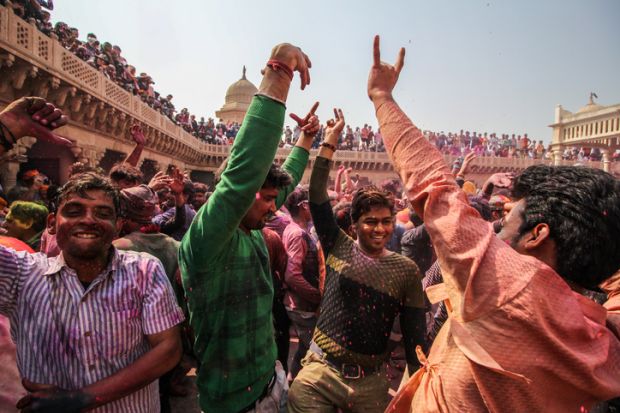Australia’s backflip on post-study work visas will not affect the group it was arguably intended for, with a 20-month-old free trade agreement giving Indian nationals an escape clause from measures in the newly announced migration strategy.
The strategy overturns extensions to post-study work rights that have applied since July, entitling bachelor’s, master’s and PhD graduates to visas totalling four, five and six years respectively. Those periods will now be cut to two years for bachelor’s or taught master’s qualifications, and three years for higher research degrees.
However, Indian graduates will dodge the worst reductions because Canberra’s free trade agreement with New Delhi, signed on the eve of the 2022 election, guarantees more generous work rights of three years for Indians with taught master’s or STEM bachelor’s degrees and four years for doctoral graduates.
A new 35-year age limit for graduate visas will also not apply to Indians, documents suggest.
The 2022 deal takes precedence over measures in the migration strategy, which says the government will ensure that the reductions to post-study work rights “are consistent with Australia’s obligations under international trade agreements”.
Canberra is cutting work rights to protect international students from becoming “permanently temporary” migrants, according to the strategy, which says existing arrangements entitle former students to as much as eight years on various graduate visas. Around half of the visa holders languish in low-skilled jobs with little prospect of permanent residency.
Many of these people are Indians, who attract around one-third of the graduate work visas granted – some 160,000 since mid-2018. Tens of thousands more could soon join them, with more than 150,000 Indians currently studying in Australia.
Student visa grant rates have plummeted for Indian higher education applicants amid perceptions that many are primarily interested in work or migration. Almost 40 per cent of applications have been rejected so far this financial year, up from a little over 10 per cent before the pandemic, and some universities stopped accepting students from certain northern Indian states.
Phil Honeywood, chief executive of the International Education Association of Australia, told the Australian Financial Review that a previous agreement was undermining the migration strategy’s primary objective. “The very market that the government is trying to grapple with the most now has a diplomatic exemption. How do we explain this special deal to our other key student markets such as China, Nepal and Vietnam?”
However, it appears unlikely that the favourable treatment will elevate India over China as Australia’s top student source country, despite soaring enrolments that have increased India’s share of new higher education students from around one in seven a decade ago to about one in four in the last financial year.
That share has declined sharply since June, with Indian higher education students awarded less than half the number of visas granted to their Chinese counterparts.
International education analyst Keri Ramirez has predicted that the number of foreigners arriving to study degrees will decline next year, mainly because of high rejection rates for visa applications from the subcontinent.
Register to continue
Why register?
- Registration is free and only takes a moment
- Once registered, you can read 3 articles a month
- Sign up for our newsletter
Subscribe
Or subscribe for unlimited access to:
- Unlimited access to news, views, insights & reviews
- Digital editions
- Digital access to THE’s university and college rankings analysis
Already registered or a current subscriber? Login








